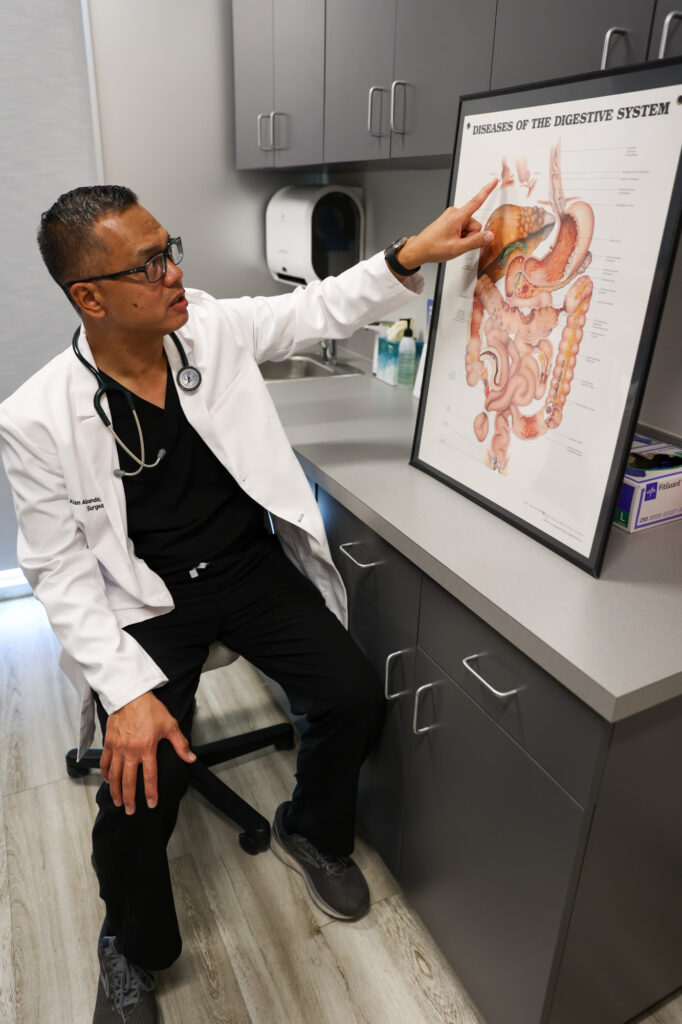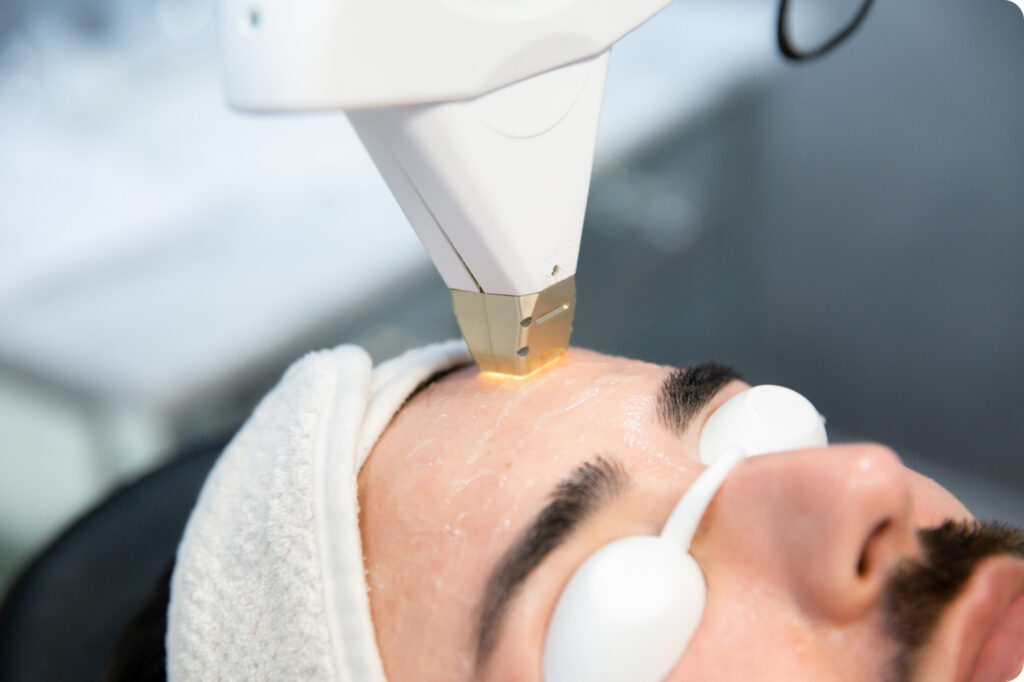
Last session we rounded out our exploration of foods to eat to feel and stay satisfied without loading up additional calories with a discussion on low density foods.
I challenged you to remove the majority of processed foods from your diet for two weeks and focus on protein and low calorie dense foods. So how did it go? Did you find the combination of protein and low calorie dense foods curbed your appetite? Did you feel you were getting enough food? Did you achieve the goals that were set in your treatment plan for important nutrients like protein?
Take a moment, if you feel comfortable doing so, to share your experience with me. I would love to know if you found it helpful or if you had problems. Let’s start by completing this sentence. I eat when I’m …. And you put the word in that best describes why you eat when you do. The obvious answer is hungry. I eat when I’m hungry. Are you sure?
What is true hunger?
It may seem like an odd question but it is actually quite easy to interpret some other uncomfortable feeling as hunger. For example when you are watching a movie and you start to feel hungry and need to grab a bowl of popcorn even though you just ate lunch. other situations- time of the day to eat, boredom, stress from work or family. For many of us your parents wanted you to eat everything on your plate. They were unhappy if you left food on your plate and happy if you ate everything. Pretty soon you learned to worry more about pleasing your parents than you did about eating when you were hungry and stopping when you were satisfied.
So in essence the act of eating may not truly be directed by actual hunger but by emotional or conditional reasons. Then you moved into adulthood and eating became a social affair. You drank to please your friends, ate to please a host or hostess or your friends or because “it’s time to eat.” So it is quite possible that for many years you have not allowed yourself to feel true hunger.
When we are hungry your body responds by signaling the brain which in turn creates sensations you interpret as hunger. Symptoms of true hunger- stomach growling, feeling of emptiness, difficulty in concentrating. So in order to get a better sense of when to eat for hunger reasons vs. for other reasons it is important to listen to your body to see if you truly hungry.
How can you tell the difference?
You have to pay attention to the sensations you get when you know you are not hungry. For example if you had just eaten a meal and you are satisfied how do you feel?
When you are not hungry you don’t feel empty inside, your stomach is not growling and you are able to maintain your activities without difficulty with fatigue or concentration.
Session Challenge
So here is my Challenge for the next two weeks. Each time you sit down to eat in the next two weeks try this. Take a few deep breaths, close your eyes, and concentrate on the hunger sensations in your body. Take notice of the intensity and location of the hunger sensations and then decide if you are truly hungry or not. I am not going to tell you not to eat if you are not really hungry or if you are unsure. The goal here is to get in tune with what you are feeling and recognize the difference between being hungry and just wanting to eat.
For the moment, especially if you have had bariatric surgery, your sensations of hunger are all turned around anyway so the priority in your case is keeping up with your nutrient recommendations. But later on, recognizing true hunger and delaying eating until you are hungry will be as important for you as it is now for those who are using medical weight loss to improve their health. Take notice of your body and we will talk about your experience next session.

